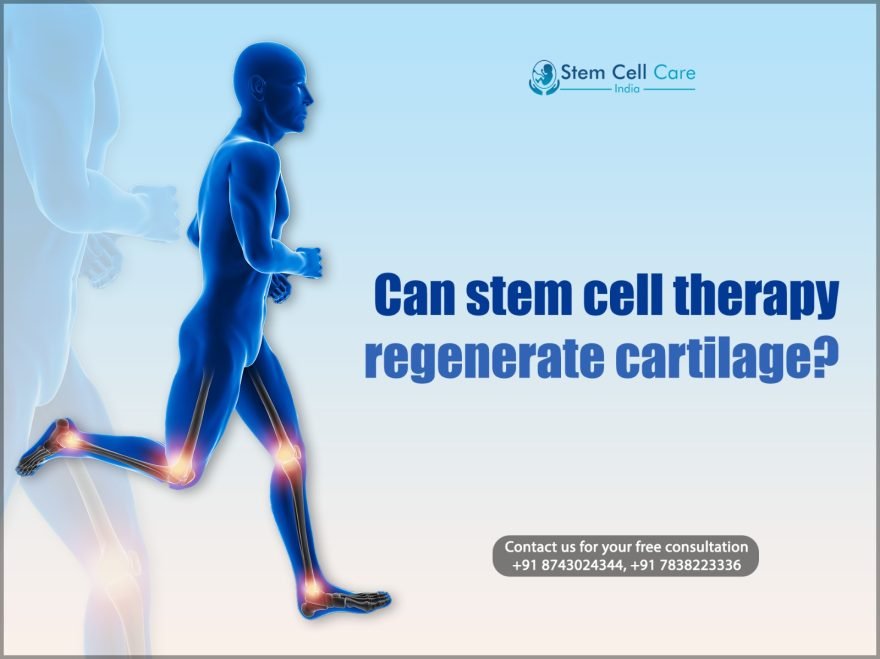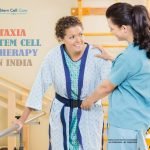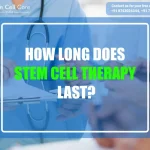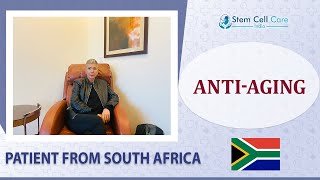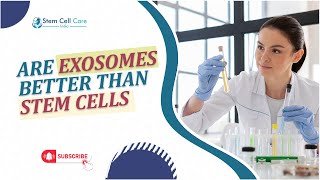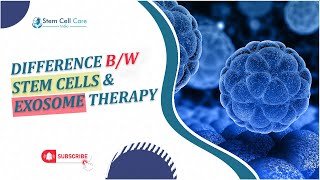Think of a person who loves running, and as time goes by, his knees become painful and he hardly enjoys this sport. All this is because of the broken cartilage which is a smooth tissue that protects joints. For many years, it has been impossible somehow to restore or regenerate these kinds of tissues. Still, stem cell therapy in India gives hope.
These are special cells that have the potential to differentiate into different cell types, such as cartilage cells. Researchers now investigate how these potent cells can replace lost joints and maybe even let people walk without pain again.
How Stem Cell Therapy Regenerates Cartilage?
Stem cell therapy is a promising treatment for the recreation of damaged cartilage, a smooth tissue lining the ends of the bones in the joints. It can be damaged due to injury, aging, and some diseases like arthritis. This results in pain and stiffness. Different from other tissues, cartilage possesses a poor capacity for the healing of lesions. These include the use of stem cells which are mesenchymal stem cells that have the ability to turn into various cell types, including cartilage cells. These stem cells aid in rebuilding the cartilage and improving joint function to reduce pain. This is a non-invasive therapy that gives much hope for relief and repair in the long run. Key points on how stem cell therapy for cartilage injury regenerates cartilage:
- Differentiate into Stem Cells: The MSCs are injected in the damaged area to become cartilage cells to contribute to the restoration of the tissue.
- Reduce Inflammation: Anti-inflammatory substances released from the stem cells decrease swelling and reduce pain within the affected joint.
- Stimulate Natural Healing: The new cartilage cell production is enhanced by the stem cells by provoking a response from the body’s own mechanisms for natural repair.
- Promoting Tissue Growth: Tissue growth may be stimulated by the secretion of growth factors and signaling molecules to create an atmosphere that is favorable to the proliferation of new cartilage.
- Preventing Further Degeneration: They help protect the surrounding tissues by creating a fostering environment for the sites surrounding the damage and protect it from further degeneration.
- Better Functionality of the Joints: The long-term effect from this is less painful mobility of the joints with healthy joints.
Benefits of Stem Cell Therapy for Cartilage Injury
It is believed that the utilization of stem cell treatment may hopefully provide a better solution in treating cartilage injury. Cartilage is the flexible tissue present in joints, and does not readily heal once damaged. Most modes of traditional treatments often involve symptomatic management, such as pain and stiffness, rather than the repair of the damaged cartilage itself. This is where stem cell therapy comes in.
Stem cells are best for their characteristic features of differentiation into a wide range of cell types. Cartilage cells are no exception. Injection of such cells directly to the injured part allows regrowth of the damaged tissues, thereby enhancing mobility and reducing pain in the joint. Joint damage of the big setbacks for people who suffer from conditions like osteoarthritis which can be slowed or even reversed with this treatment.
Other benefits associated with the therapy include reduction in the need for invasive procedures such as surgery and joint replacement. Recovery times are often shorter, with fewer risks involved. The body also tends to accept stem cells more easily since they are usually taken from the body of the patient. This makes it a safer option.
The Concluding Thoughts
Stem cell treatment in India offers a more organic and less invasive alternative for treating cartilage injuries that can help improve mobility and quality of life. This therapy is helpful to stimulate the natural healing processes in the body to repair damaged cartilage.
As far as consulting the best is concerned in this specialty, Stem Cell Care India is among the leading healthcare consultants that offer top-most support with advanced treatment alternatives. For more information, you can contact us.

